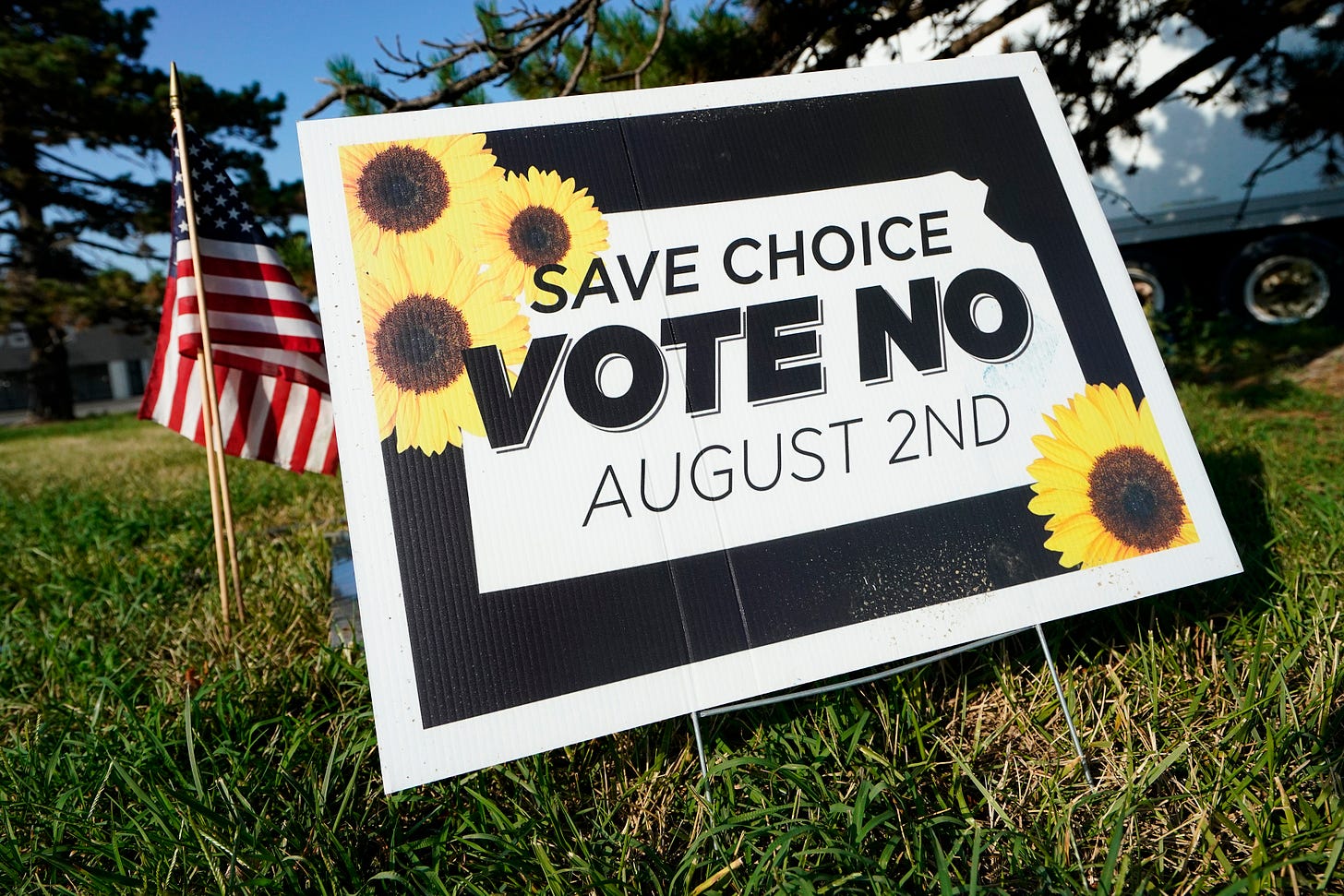
Among things I have learned over a lifetime of trying to remain steady is to take note of the successes as well as the setbacks.
It can be tempting to focus on all that is not working — the challenges, hurdles, and injustices. Good times can feel fleeting, like momentary distractions from the real work of life, which is more struggle and heartbreak than satisfaction and happiness.
In recent years, this mindset has felt particularly familiar. Wherever we look, there are myriad reasons to feel like America’s progress toward a more just and equitable nation is in retreat. Even the defeat of the former president felt like far from a satisfactory refutation of his dangerous political movement. He hasn’t gone away, and he has entrenched the Republican Party largely in his image.
We have also seen the rotten fruits of the bargain that party leaders — many who in private despise Trump — made to co-opt the federal judiciary, and especially the Supreme Court. Emboldened by bad faith and shamelessness, as well as a complete disregard for our democratic norms, Mitch McConnell was able to enshrine a reactionary majority of politicians in robes to wreak havoc on core constitutional rights in ways that never could have been accomplished through legislative action. Foremost among these efforts was the evisceration of Roe and the right for women to have control of their own bodies.
This is why what happened in Kansas yesterday is so important. A state that Donald Trump won by almost 15 points sent shockwaves across the nation as voters turned out in record numbers to protect abortion rights. Many of you likely know how the state Supreme Court had ruled that this right was enshrined in the state’s constitution and that anti-abortion forces had concocted a confusing ballot referendum to try to change that.
Well it didn’t work, and it wasn’t even close.
Leading up to last night, most public polling had the issue as a toss-up, with maybe the anti-abortion forces having a slight edge. Wrong.
As of this writing, the measure is being defeated by more than 17 points, 58-41, with 96% of the precincts reporting. Let’s not understate how unexpected this was. In Kansas. Searching for perspective, I couldn’t help but reference a Kansan of lore.
Most importantly, this is a win for the people of Kansas who will continue to have access to reproductive health care. It is also a win for people from the many states that surround Kansas whose state legislatures have drastically curtailed those rights. One wonders what would happen if those states had to put the matter before their voters, as Kansas had to do.
More generally, many are speculating what this might mean for the calculus of the midterm elections, yours truly included.
One of the biggest variables for midterm elections is who turns out to vote. Republicans tend to do better at getting their supporters out for elections. Furthermore, the party not in the White House traditionally is more dissatisfied and thus more motivated. Many analysts had assumed that with President Biden’s dismal approval ratings (which may be starting to inch up as he racks up legislative wins), as well as inflation and high gas prices, the headwinds are blowing heavily against the Democrats.
Yesterday’s vote in Kansas questions that narrative. Democratic voters turned out in droves. But whether that can be extrapolated remains to be seen. Was this such a clear issue for people to rally around that it spurred them to come out? Will Senate, congressional, state legislative, and governors’ races prove as motivating in November?
It is clear that the Supreme Court’s abortion ruling has altered our political landscape dramatically. But it isn’t the only factor that could swell Democratic turnout. There is also the lingering animosity for Donald Trump and the party that still embraces him. There are the outrageous findings of the January 6 committee, whose public hearings will resume. There is the continuing gun violence. Our climate crisis. And a host of other urgent issues that could spur more voters to pull the lever for Democratic candidates. Maybe.
When you look at states that are more purple than Kansas and have key races this fall, the tally isn’t small. There are Arizona, Florida, Georgia, Michigan, North Carolina, Pennsylvania, and even maybe Ohio and Texas. Now that isn’t to say that Democrats are favored or that a blue wave is likely. But it is true that our political climate is more volatile than some might have supposed. And thus the range of possible outcomes is much greater.
There is a lot of unrest in this country, on both sides of the political divide. Republicans like to lecture Democrats that they live in liberal bubbles far different from the “real America.” Well, by their definition, you can’t get much more “real” than Kansas. And the message from the Sunflower State is perhaps it is the GOP that is about to get its bubble popped.
The vote in Kansas at least gives anti-Trump forces in general and Democrats in particular a chance to dream. And added motivation to keep mobilizing.




One thing I did not hear from commentators last night is how hard women, particularly younger women, worked for the no vote. The knocked on doors, protested, sent post cards, texts and worked phone banks. I've never seen so much political energy. Kansas women worked incredibly hard to make sure their fellow citizens understood what the amendment really said. Glad to be included as a Kansas woman today.
Do you agree that the story of the vote in Kansas and the story of the activism of young leaders like Olivia Julianna (whom we profiled recently) are really the same story?